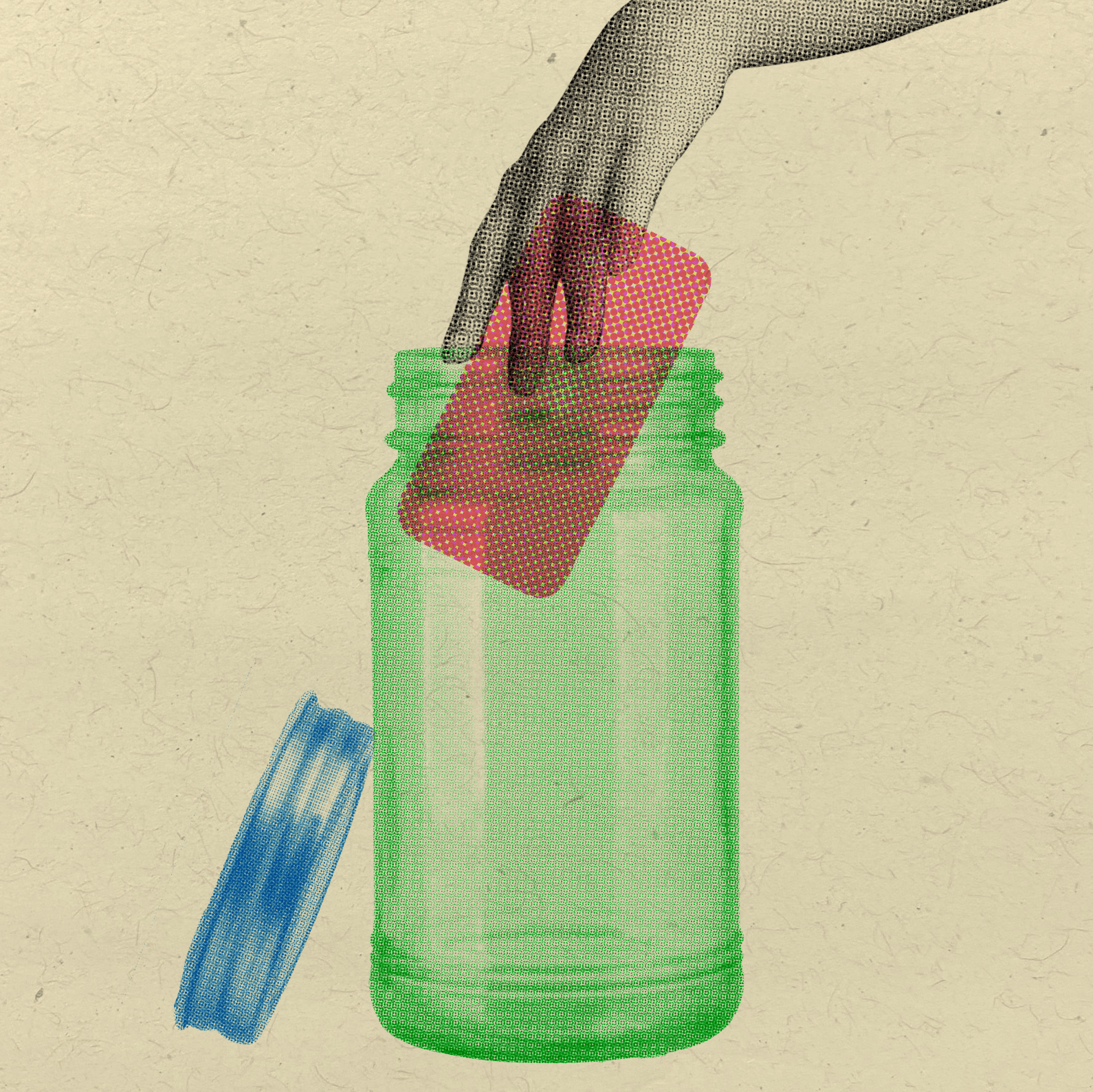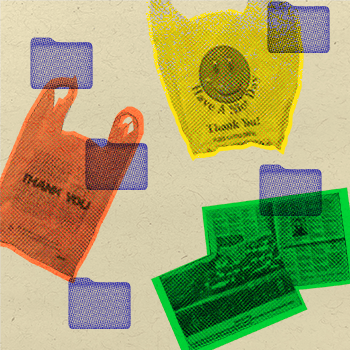What exactly is The College Board? Well, I got to know about them in a very rude awakening in the Summer of 2019, when I started my college application prep in my junior year of high school . Like any other kid applying to universities in the U.S. I prepped for the dreadfull SAT. I was satisfied with my score and proceeded to the remaining components of my application. What I didn’t anticipate was the wave of admissions spam that was going to come my way.
I’m a very methodical person. I set a clear plan, and I stick to it. Unlike other students, I had a very short list of design schools around the world I was applying to, and that list was not going to get any longer. What I didn’t realize was that I had accidentally enrolled into The College Board’s Student Search Function. This meant that tons of colleges, many of which I didn’t even know existed, started spamming me. Colleges like Loyola, Fordham, Rochester, Syracuse, Hult, Pepperdine, etc. were some of the “top contenders” who were competing for my attention and inbox space. When I didn’t pick up on initial outreach emails, they upped their offer to include application fee waivers. Tempting, but not enough to lead me astray from my set path.
Fast forward to 2020, I had already committed to Parsons School of Design, my top choice, and just like everybody else, I was checked out at home during the initial stages of the pandemic. But guess who clearly hadn’t checked out? The admissions teams of various colleges were continuously telling me about their plans and so I started to opt-out of college spam emails individually. I think The College Board also had a global opt-out feature but that didn’t work at all. It dawned on me that The College Board had obtained my data for free, sold it to colleges for a fee, and delivered some value on their products.


If we take a deeper look at the income streams of The College Board, they make money by selling their test prep books, various standardized testing products like the SATs, PSATs, APs, etc., conferences, training, fees on submitting applicant test results to colleges, and selling applicant data to colleges. All that income streams just to deliver some good shareholder value by a “not-for-profit” entity that gains profits by targeting minors through nefarious means? sounds ironic. 04 Lorin, Janet. 2011. “Not-for-Profit College Board Getting Rich as Fees Hit Students.” Bloomberg. August 11, 2011. https://www.bloomberg.com/news/articles/2011-08-18/not-for-profit-college-board-getting-rich-as-fees-hit-students The monopoly of the mafia syndicate of The College Board is reaching new heights every year and I think we need to take a deeper look at their practices. Their monopolistic tactics are constantly putting pressure on young kids both mentally and physically, when it comes to their gatekeeping strategies, unrealistic fees and penalties, and monetization of key services like sending your scores is totally absurd and blatant abuse of their powers, profiting off children’s fears and insecurities.
Every year The College Board “innovates” something to address their shortcomings. In an NYT article, The College Board was slammed for their “adversity” index that ranked students on a “scale of 0-100 pseudoscientific index of oppression. 02 Chatterton Williams, Thomas. 2019. “The SAT’s Bogus ‘Adversity Score’. Are We Really Going to Rank Students on a One-to-100 Pseudoscientific Index of Oppression?” The New York Times Opinion. The New York Times. May 17, 2019. https://www.nytimes.com/2019/05/17/opinion/sat-adversity-score.html The College Board is also heavily criticized every year for scoring errors, expensive testing services, and lack of accessibility and transparency. 06 Miller, Claire Cain, and Francesca Paris. 2023. “New SAT Data Highlights the Deep Inequality at the Heart of American Education - The New York Times.” The New York Times. October 23, 2023. https://www.nytimes.com/interactive/2023/10/23/upshot/sat-inequality.html The fact that test-takers have to pay an additional fee to receive an analysis of their scores and mistakes is totally absurd, considering the already expensive testing is a burden for many test-takers. After the USC admissions scandals, there were several allegations of cheating on the SATs with “expert test takers.” 10 Yan, Holly. 2019. “College Admissions Scam: What We Know so Far | CNN.” CNN. March 13, 2019. https://www.cnn.com/2019/03/13/us/what-we-know-college-admissions-cheating-scandal/index.html Recent studies have shown that students from higher-income backgrounds are over-represented when it comes to college admissions 01 Bhatia, Aatish, Claire Cain Miller, and Josh Katz. 2023. “Study of Elite College Admissions Data Suggests Being Very Rich Is Its Own Qualification - The New York Times.” The New York Times. July 24, 2023. https://nytimes.com/interactive/2023/07/24/upshot/ivy-league-elite-college-admissions.html and have higher test scores than students from low-income backgrounds. 03 Hess, Abigail Johnson. 2019. “Rich Students Get Better SAT Scores—Here’s Why.” CNBC. CNBC. October 3, 2019. https://www.cnbc.com/2019/10/03/rich-students-get-better-sat-scores-heres-why.html In a recent move, the University of California system has scrapped the requirement of standardized testing, in accordance with a settlement in a lawsuit brought by students that alleges that standardized testing discriminates against students with disabilities and low-income backgrounds. 05 McDonnell Nieto del Rio, Giulia. 2021. “University of California Will No Longer Consider SAT and ACT Scores.” The New York Times. May 15, 2021. https://www.nytimes.com/2021/05/15/us/SAT-scores-uc-university-of-california.html
The College Board is plagued with several controversies and there is hard evidence that standardized testing, which was founded by several elite schools like Harvard in the 1920s, the very thing that was supposed to level the playing field and provide a means for bright students to achieve greatness, is inherently flawed and discriminatory. 09 Wooldridge, Adrian. 2023. “America’s Educational Superpower Is Fading.” Bloomberg Opinion. Bloomberg. April 18, 2023. https://www.bloomberg.com/opinion/articles/2023-04-18/higher-education-in-the-us-faces-a-systemic-crisis What happens next? I don’t know, but it would be nice to live in a utopia 07 Ratnesar, Romesh. 2019. “What If Instead of Taking the SAT You Got to Play a Video Game?” Bloomberg. March 19, 2019. https://www.bloomberg.com/news/features/2019-03-19/a-harvard-dropout-s-plan-to-fix-college-admissions-with-video-games where kids don’t have to go through a system of discrimination and malicious practices to achieve a great future. 08 Tough, Paul. 2019. “What College Admissions Offices Really Want - The New York Times.” The New York Times. September 10, 2019. https://www.nytimes.com/interactive/2019/09/10/magazine/college-admissions-paul-tough.html A future where students from low-economic backgrounds and disabilities have an equal opportunity and representation when it comes to college admissions and minors are not preyed upon by big companies for their money, data, attention, and their minds.
Now that I’m about to graduate, it seems so funny and weird to see how data driven decisions and targeted advertising could’ve played such an important and pivotal role in my life. The cookies that tracked me when I first visited Parson’s website, uploaded my portfolio on a third-party service, and submitted my application on a common application portal, the same cookies must have recorded my activities and played a pivotal role in my application decisions.I don’t know what volume of targeted advertising was used to influence my choices when it comes to choosing a college and committing to one but I’m pretty sure that the number is not zero. Maybe targeted advertising is the reason why I came to Parsons and attended a class called Dark Data and used this opportunity to rant about targeted advertising and data ethics of The College Board.




